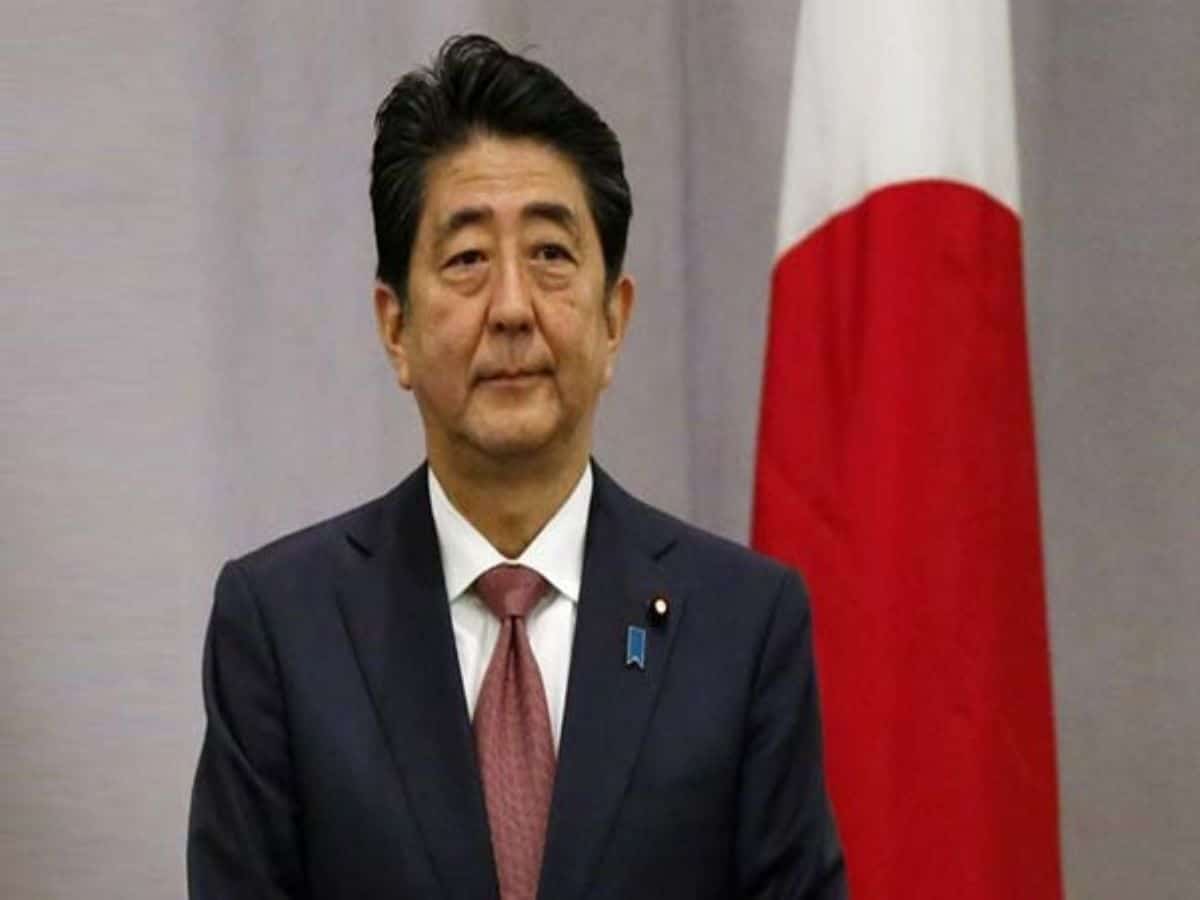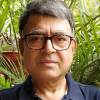

Shinzo Abe who was shot dead this morning was not only the ex prime minister but one of the greatest leaders of Japan and a great friend of India.
No wonder Abe who loved India visited India four times and even became the Chief guest in a Republic Day parade.
He loved India wanted Japan India economic ties to grow. He saw the potential of Indo-Japanese economic ties ups to beat even the tie up between Japan and China or even Japan and the US. He was the only Japanese Prime Minister to have addressed the Indian Parliament.
He took several foreign policy initiatives to place Japan at the top in the international arena.
His concept of Free and Open Indo-Pacific (FOIP) where India had prominent position was very forward looking concept.
He wanted build deep partnership with India as part of aligning free and democratic countries of the region together.
He was the only Prime Minister of Japan who has ever addressed the Indian parliament.
During his era bilateral relations grew and large developmental and infrastructural projects were developed in the north east and Andaman and Nicobar islands.
The civil nuclear deal was signed during his period Modi removing an important hurdle in India’s entry into the much-delayed Nuclear Suppliers Group. The Asia Africa Growth Corridor was also launched during his period.
The longest-serving premier of Japan, Shinzo Abe’s tenure had been tarnished by scandals for which even though he has publicly apologised but still his support base amongst his people definitely went down among the Japanese towards the end of his tenure.
A strong and visionary leader he wanted Japan to take a leadership role in the Indo-Pacific region both economically and even militarily as he sought to revise Japan’s pacifist constitution.
The Cherry Blossom scandal particularly hit him hard as it was revealed that he had invited his supporters to a publicly funded cherry blossom-viewing party which had a important person “organized crime” among the guests.
There have been cases of his party member being suspected of receiving bribes from a Chinese company seeking to invest in the casino industry and payoff to Ministers in Kansai Electric Power company case.
In what could be termed as the first such assassination of a political leader in Japan since World War II, the fact that it happened during election campaigning gives the incident a very serious political overtone.
He was making a campaign speech for the parliament’s upper house election to be held soon.
With his right wing economic policies and a strong nationalistic stand, he was a good friend of Prime Minister Modi, as both wanted their countries to achieve greater heights both economically and politically within the region.
China clearly was not happy with the economic policy of Abe as well as his right-wing political philosophy.
No wonder China has been distancing itself from the present assassination attempt blaming it on possible political turmoil due to the forthcoming elections.
No Prime Minister has become so popular both politically and diplomatically and has such a standing internationally as Shinzo Abe.
He wanted Japan to regain its place of honour among in the international level at least be a significant pole in the multi polar world after the Cold War was over.
Shinzo Abe belonged to a family with rich inherited political legacy that provided leadership of the Meiji Restoration, Japan’s modern revolution of 1868, and produced eight of modern Japan’s prime ministers.
His maternal Grand Father Nobusuke Kishi was the prime Minister of Japan. His father Shintaro Abe served as foreign minister in the 1980s, while his great uncle Eisaku Sato served as prime minister (1964–72).
He naturally grew up witnessing political meetings and backdoor strategies being planned in his family home in Tokyo by important political leaders.
He spent time in the US and was definitely influenced by its culture and ideas regarding democracy, openness, and internationalism. He became a staunch follower of opening up of economy as a basic requirement for economic prosperity as also political freedom.
We must keep in mind that Subhash Chandra Bose had close links with Japan who sought to throw out the British imperialists with help of Japan. Shinzo must have heard stories about India and of Subhash Chandra from his grandfather Nobusuke Kishi who loved India.



